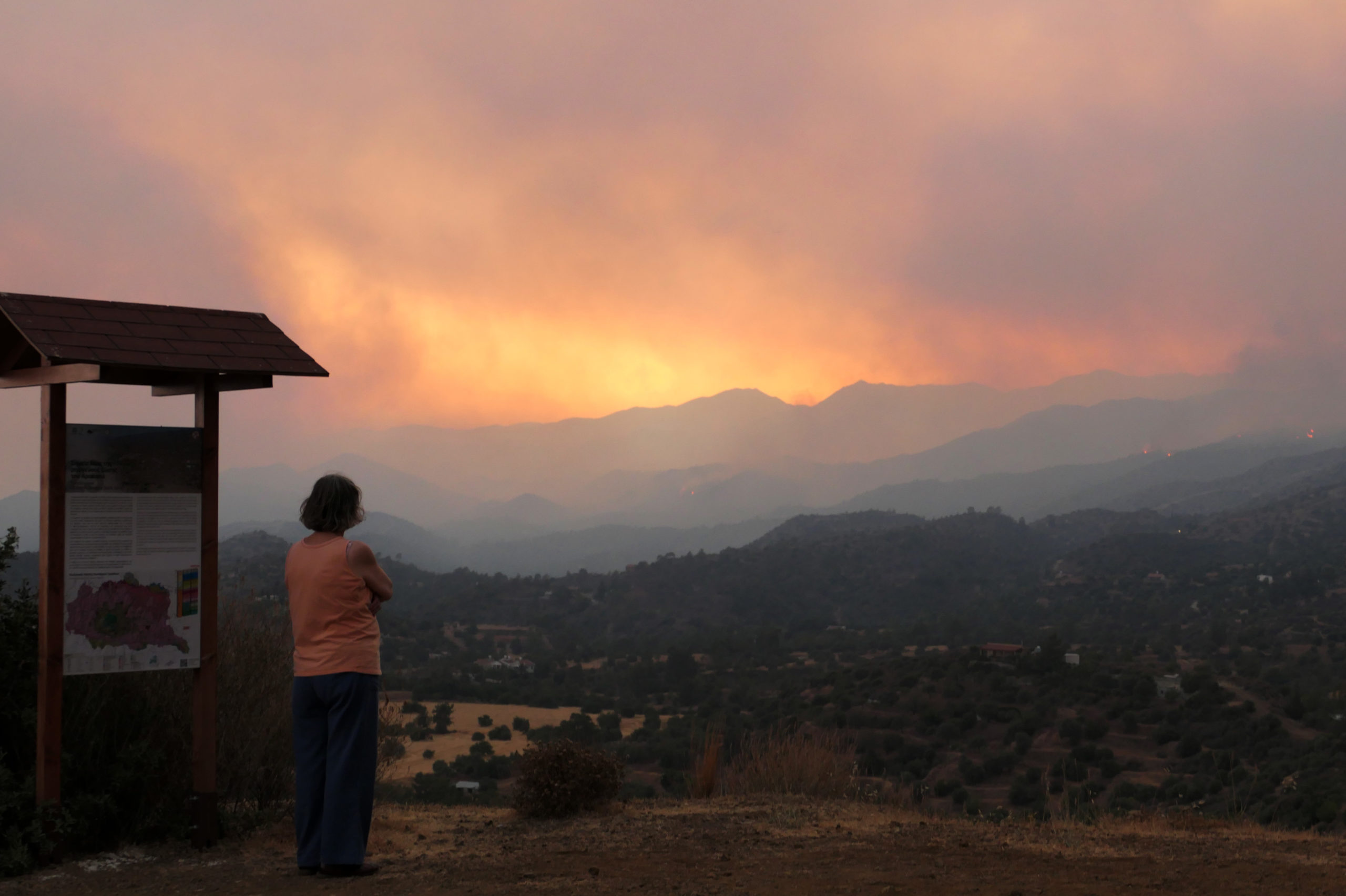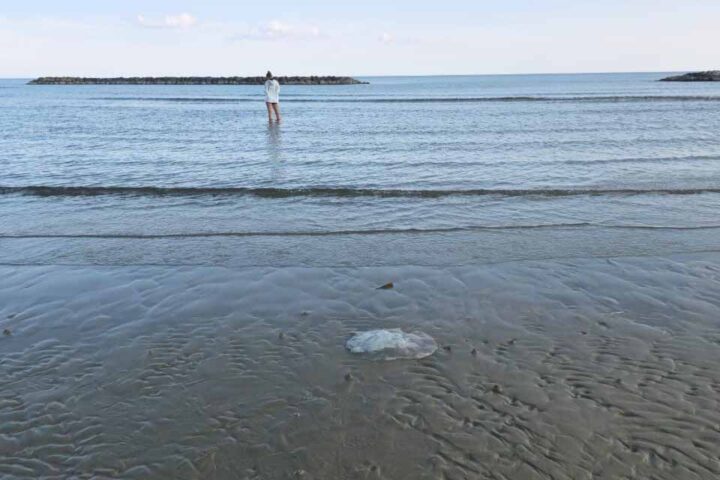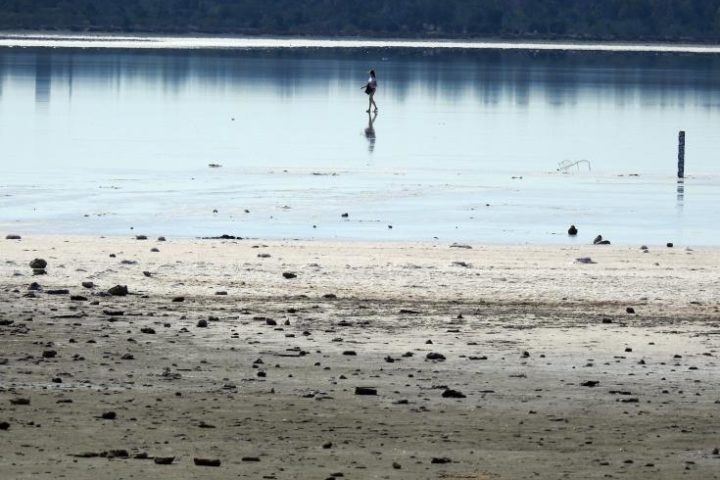Experts warn that Cyprus will have to prepare itself for possible mega-fires, even more devastating than the deadly fire over the weekend, which went down as the worst fire in the island’s recent history.
The devastating fire that started in the Limassol village of Arakapas claimed the lives of four people and burned more than 55 sq. km of forest land, homes, and properties across the Limassol and Larnaca districts.
In comments to the Financial Mirror Cyprus Association of Professional Foresters, President Dr Nicolas Eliades said a combination of climate change and not cultivating land is fuel for future wildfires.
He argued that if Cyprus is not well prepared, the next big fire could cause more fatalities and destruction.
“We are quite fortunate that firefighters were able to contain this fire.
“It was next to a miracle, as strong winds prevailing on the day kept changing direction, spreading the fire everywhere.”
Eliades said last Saturday’s fire in Arakapas could have evolved into a multi-fatality disaster like the fires in Attica, Greece, which saw 102 people lose their lives.
The fire last weekend was a sign of the risks Cyprus faces.
“Climate change combined and people no longer farming their land will lead to more such fires soon.
“Climate change means that forests and biomass gathered over time on the ground become drier and easier to burn.”
It also means that trees are drier as any water they had during the rainy season is gone.
He said climate change had extended the high-risk dry periods by two months in Cyprus.
“Whereas in previous years, authorities were on the alert from June to September, climate change has widened the dry season.
“The island’s dry season now starts in May and finishes in October.”
As more people abandon the mountain areas for the towns, they leave behind their fields unattended.
“More and more land in forests, which were once used for cultivation, are being abandoned.
“These fields are being taken over by forest trees and wild vegetation which can easily burn in a fire.
“Plantations which are cultivated, do not have thick vegetation, and are frequently watered creating a buffer zone for any potential fires.”
Rural deficit
The population shift from mountain villages started in the 80s, which means that forests have grown bigger, and more biomass has gathered on the forest bed for 40 years.
Eliades said authorities have to factor in the increased risk of intense wildfires when designing their response plans, which should be translated into increased spending on equipment and personnel.
“It does not mean that if you buy 15 planes or bring in the best monitoring equipment, you will be safe…in the past, firefighters only had shovels and relied on traditional techniques.”
He argued that authorities need to prepare people in mountainous areas for the increased danger and train them to prevent the spread of fires and protect their properties.
Some properties were left unscathed from the fire in Arakapas.
“That is because the owners had cleared the area surrounding their property of dry biomass and did not allow vegetation to grow near their houses.
“Although it may sound unorthodox, forests must be managed in a sustainable way, and where it is deemed necessary to ‘sacrifice’ some trees for the good of the forest.
“By thinning out forest areas with thick vegetation, we can help the forest survive an intense wildfire, and in turn preserve a significant carbon dioxide sink.”
He urged authorities to act pre-emptively and clear up forests from any biomass gathered on the ground during winter months.
“Cyprus has a number of archaeological sites in either mountainous or areas with wild vegetation.
“Unfortunately, the majority of these sites do not have fire safety systems.”
He argued that parts of the broader public and private sector could benefit from hiring foresters to help fire-proof design systems.
“It is unacceptable that the Town Planning Department does not have a forester on board to advise authorities on the risks of building in certain mountainous.”
Eliades said nature has its way to regenerate the lost forest.
“Seeds of the trees are still on the ground and will replace those burnt. However, this is provided that the dry season will not be prolonged more than expected.”
The expert advised authorities to ensure the ground is not corroded.
“Authorities will have to step in with anti-corrosion projects that will also prevent floods from corroding the ground.
“Nature is more powerful than we think.
“However, due to climate change prolonging the dry season, it may need a helping hand.
“This does not mean that people should start planting trees without consulting the Forestry Department.”










